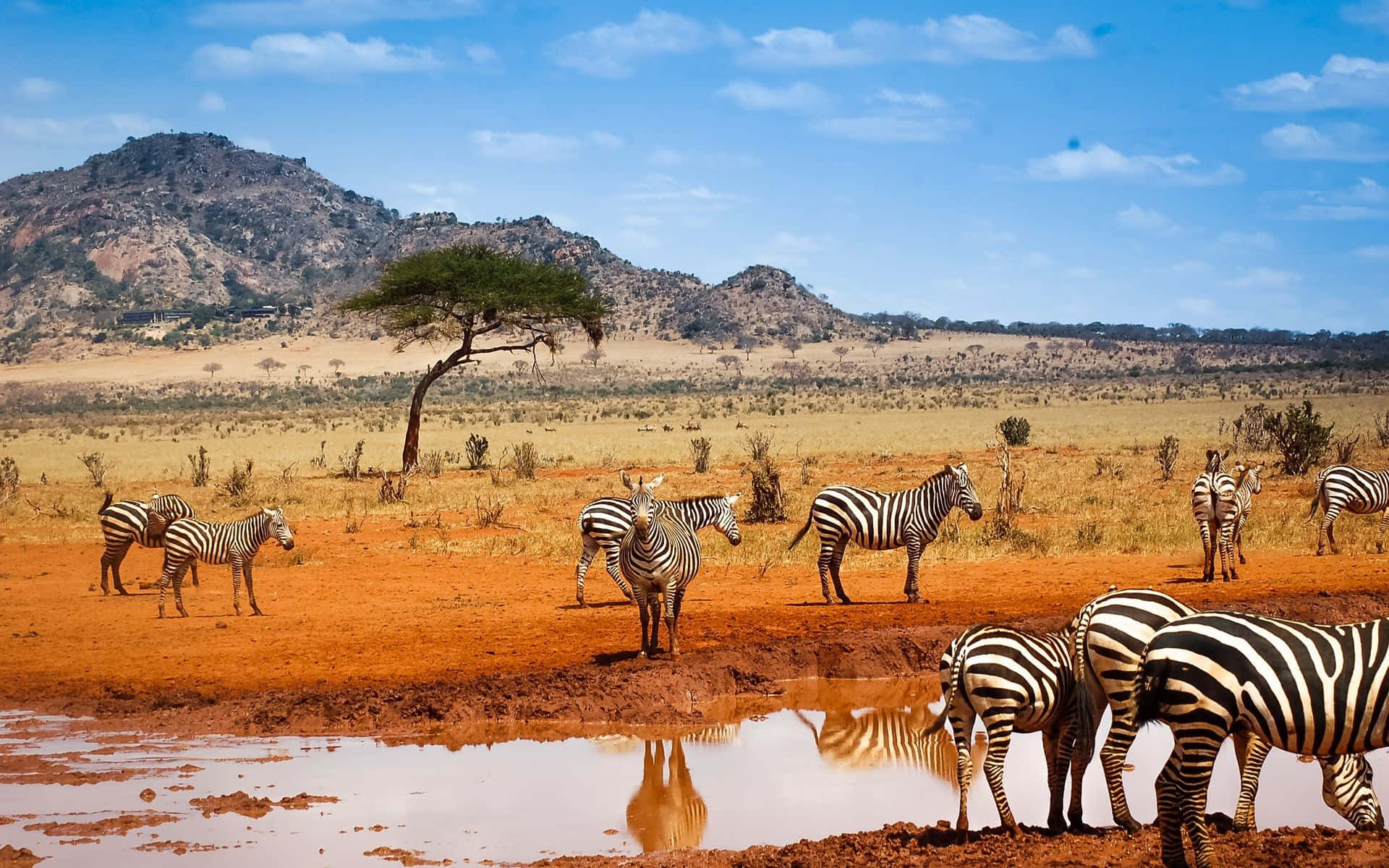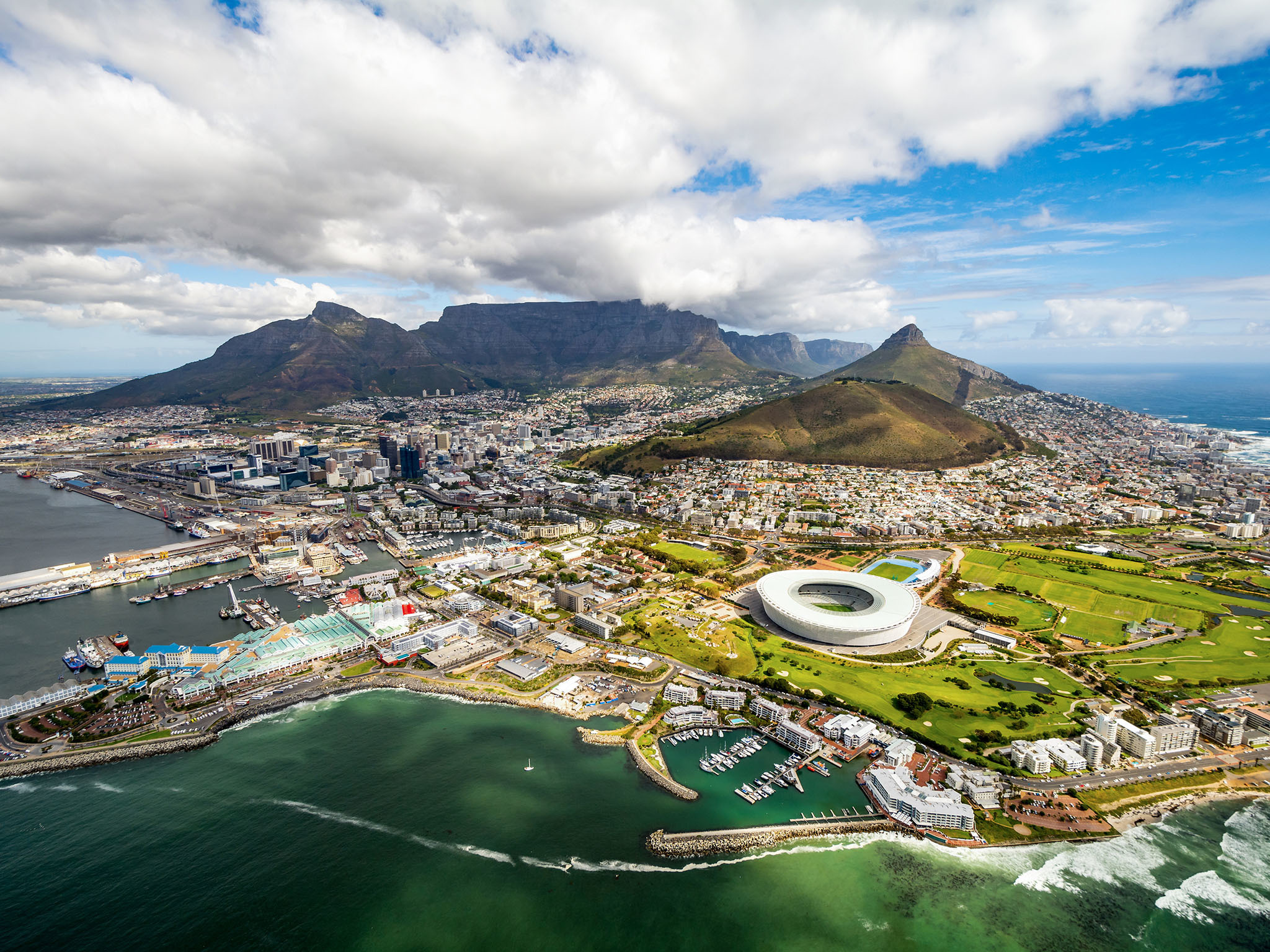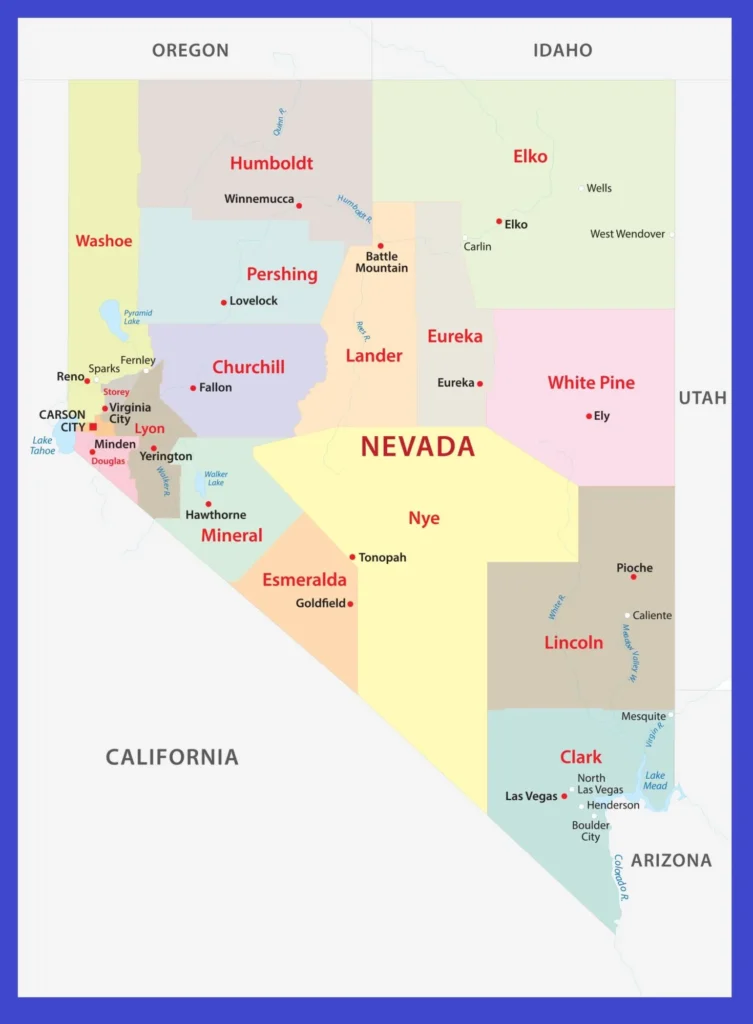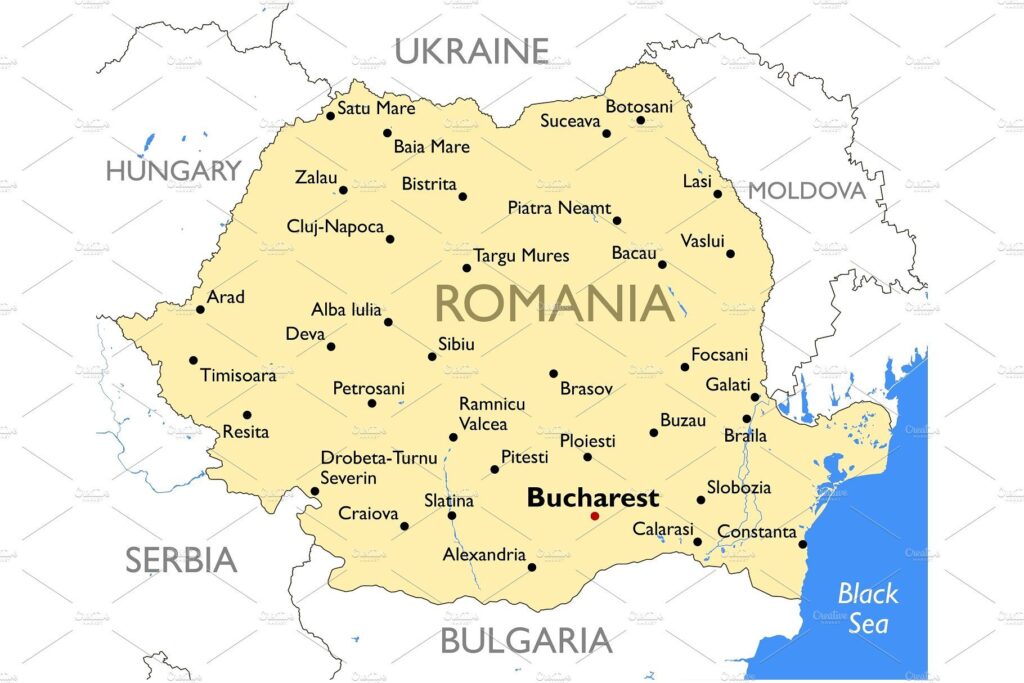Africa is a continent rich in diversity, culture, and history, with a rapidly growing urban population. This guide provides an in-depth look at the 10 largest cities in Africa by population, exploring their historical backgrounds, economic significance, cultural heritage, and unique attractions.
Lagos, Nigeria
Overview
Lagos, Nigeria’s largest city, is a bustling metropolis known for its vibrant economy and cultural dynamism. It serves as a major financial center not just for Nigeria, but for Africa as a whole.
Historical Background
Originally a collection of islands and villages, Lagos was settled by the Yoruba people before becoming a Portuguese trading post in the 15th century. It later became a British colony and grew significantly during the colonial period.
Economy
Lagos is the economic powerhouse of Nigeria, contributing significantly to the country’s GDP. It hosts numerous multinational companies, financial institutions, and is home to one of the busiest ports in Africa.
Culture and Attractions
Lagos boasts a vibrant arts scene, with numerous music, film, and art festivals. Key attractions include the National Museum Lagos, Lekki Conservation Centre, and the bustling markets of Balogun and Lekki.
Fun Fact
Lagos is famous for its nightlife, with countless clubs and entertainment venues that stay open until the early hours of the morning.
Cairo, Egypt
Overview
Cairo, the capital of Egypt, is one of the oldest cities in the world and the largest city in the Arab world. It is known for its rich history and proximity to the ancient wonders of the Egyptian civilization.
Historical Background
Founded in 969 AD, Cairo has been the political and cultural heart of Egypt for more than a millennium. It has been influenced by various civilizations, including the Pharaonic, Greek, Roman, and Islamic.
Economy
Cairo is Egypt’s economic hub, with key sectors including tourism, manufacturing, and finance. The city hosts the Cairo International Airport and the Arab League headquarters.
Culture and Attractions
Cairo is home to the famous Giza Pyramids and the Sphinx, the Egyptian Museum, and the historic Islamic Cairo district. The city is also known for its vibrant street life and bustling bazaars like Khan El Khalili.
Fun Fact
Cairo’s Al-Azhar University, founded in 970 AD, is one of the oldest continuously operating universities in the world.
Kinshasa, Democratic Republic of the Congo
Overview
Kinshasa, the capital and largest city of the Democratic Republic of the Congo, is located along the Congo River. It is a major cultural and economic center in Central Africa.
Historical Background
Originally a fishing village called Nshasa, it was renamed Kinshasa by Belgian colonizers in 1881. It became the capital of the DRC upon independence in 1960.
Economy
Kinshasa’s economy is diverse, with industries including manufacturing, construction, and trade. The city also serves as an important transportation hub with river ports and the N’djili International Airport.
Culture and Attractions
Kinshasa is known for its vibrant music scene, particularly soukous and Congolese rumba. Notable attractions include the National Museum of Kinshasa, Lola ya Bonobo sanctuary, and the lively markets.
Fun Fact
Kinshasa and Brazzaville (the capital of the Republic of the Congo) are the two closest capitals in the world, situated just across the Congo River from each other.
Johannesburg, South Africa
Overview
Johannesburg, also known as Jo’burg or Jozi, is South Africa’s largest city and the economic engine of the country. It is famous for its history, particularly its role in the gold rush and anti-apartheid movement.
Historical Background
Founded in 1886 following the discovery of gold, Johannesburg quickly grew into a bustling city. It played a significant role in South Africa’s industrial and economic development.
Economy
Johannesburg is the financial capital of South Africa, hosting the Johannesburg Stock Exchange and numerous corporate headquarters. The city’s economy is driven by finance, mining, manufacturing, and services.
Culture and Attractions
Johannesburg offers a mix of cultural and historical sites, including the Apartheid Museum, Constitution Hill, and the Soweto Township. The city is also home to vibrant arts scenes and modern shopping districts like Sandton City.
Fun Fact
Johannesburg is one of the world’s largest man-made urban forests, with over six million trees.
Nairobi, Kenya
Overview
Nairobi, the capital city of Kenya, is a major commercial and financial hub in East Africa. Known as the “Green City in the Sun,” it is famous for its national park located within the city boundaries.
Historical Background
Established in 1899 as a rail depot on the Uganda Railway, Nairobi grew rapidly to become the capital of British East Africa in 1907 and later the capital of independent Kenya in 1963.
Economy
Nairobi’s economy is diverse, with significant contributions from finance, real estate, trade, and tourism. The city hosts the Nairobi Securities Exchange and numerous international organizations.
Culture and Attractions
Nairobi is home to the Nairobi National Park, where visitors can see wildlife against the backdrop of the city skyline. Other attractions include the Karen Blixen Museum, Giraffe Centre, and the bustling Maasai Market.
Fun Fact
Nairobi is one of the few cities in the world with a national park within its city limits, offering a unique urban safari experience.
Addis Ababa, Ethiopia
Overview
Addis Ababa, the capital of Ethiopia, is often referred to as the “Political Capital of Africa” due to its historical, diplomatic, and political significance for the continent.
Historical Background
Founded in 1886 by Emperor Menelik II, Addis Ababa has grown to become the heart of Ethiopia and the headquarters of the African Union.
Economy
Addis Ababa is Ethiopia’s economic hub, with industries such as manufacturing, commerce, and services playing crucial roles. The city is also a key player in international diplomacy and hosts numerous embassies and international organizations.
Culture and Attractions
The city boasts many cultural and historical sites, including the National Museum of Ethiopia, Holy Trinity Cathedral, and Mount Entoto. Addis Ababa is also famous for its vibrant markets, such as Mercato, one of Africa’s largest open-air markets.
Fun Fact
Addis Ababa is situated at an elevation of 2,355 meters (7,726 feet), making it one of the highest capital cities in the world.
Dar es Salaam, Tanzania
Overview
Dar es Salaam, although not the official capital, is Tanzania’s largest city and its primary economic and cultural hub. The name means “Haven of Peace” in Arabic.
Historical Background
Founded in the 1860s by Sultan Majid bin Said of Zanzibar, Dar es Salaam grew rapidly under German and British colonial rule. Today, it remains the largest city in Tanzania.
Economy
Dar es Salaam is a major port city and commercial center, with key industries including shipping, manufacturing, and tourism. The city’s port is one of the busiest in East Africa, serving as a key entry point for goods.
Culture and Attractions
Key attractions in Dar es Salaam include the National Museum, the Village Museum, and the Kariakoo Market. The city’s coastline offers beautiful beaches and the nearby islands of Bongoyo and Mbudya are popular with tourists.
Fun Fact
Dar es Salaam is home to the University of Dar es Salaam, one of the oldest and largest universities in East Africa.
Alexandria, Egypt
Overview
Alexandria, Egypt’s second-largest city, is known for its Mediterranean coastline, rich history, and cultural heritage. It was founded by Alexander the Great in 331 BC and served as an important center of Hellenistic civilization.
Historical Background
Alexandria was a major center of learning and culture in the ancient world, home to the famous Library of Alexandria and the Pharos Lighthouse, one of the Seven Wonders of the Ancient World.
Economy
Today, Alexandria is a major economic center in Egypt, with key industries including shipping, petrochemicals, and tourism. The city’s port is the largest in Egypt and one of the busiest in the Mediterranean region.
Culture and Attractions
Notable attractions include the Bibliotheca Alexandrina, a modern tribute to the ancient library, the Catacombs of Kom El Shoqafa, and the historic Qaitbay Citadel. Alexandria’s Corniche, a waterfront promenade, is also popular with locals and tourists.
Fun Fact
The new Bibliotheca Alexandrina can house eight million books and has several specialized libraries, museums, and research centers.
Abidjan, Côte d’Ivoire
Overview
Abidjan, the economic capital of Côte d’Ivoire, is one of the largest and most populous cities in West Africa. Known as the “Paris of West Africa,” it is a vibrant city with a rich cultural scene.
Historical Background
Abidjan became the capital of French West Africa in 1933 and continued to grow rapidly after independence. Although Yamoussoukro is the official capital, Abidjan remains the country’s principal city.
Economy
Abidjan is the economic heart of Côte d’Ivoire, with industries such as finance, manufacturing, and telecommunications playing significant roles. The city’s port is one of the largest in West Africa.
Culture and Attractions
Cultural highlights include the Plateau district with its modern skyline, the National Museum of Abidjan, and the St. Paul’s Cathedral. The city is also known for its vibrant nightlife and music scene, particularly in the Treichville and Cocody districts.
Fun Fact
Abidjan is often referred to as the “Pearl of the Lagoons” due to its location on the Ébrié Lagoon, which gives it a unique and picturesque setting.
Algiers, Algeria
Overview
Algiers, the capital and largest city of Algeria, is known for its white-washed buildings and historical significance. Situated on the Mediterranean coast, it is a city of great cultural and economic importance.
Historical Background
Founded by the Phoenicians and later developed by the Romans, Algiers has a rich history influenced by various civilizations. It became the capital of Algeria after the country gained independence from France in 1962.
Economy
Algiers is Algeria’s economic center, with key industries including oil and gas, banking, and trade. The city’s port is one of the busiest in North Africa, and it plays a crucial role in the country’s economy.
Culture and Attractions
Key attractions in Algiers include the Casbah, a UNESCO World Heritage site with narrow alleys and historic buildings, the Martyrs’ Memorial, and the stunning Algiers coastline. The city also boasts a variety of museums and cultural institutions.
Fun Fact
Algiers is known as “Algiers the White” because of the glistening white buildings that dominate its landscape, particularly when viewed from the sea.
Conclusion
The largest cities in Africa are vibrant, dynamic, and rich in history and culture. Each city offers a unique blend of traditions, economic opportunities, and attractions that contribute to the continent’s diversity and growth. From the bustling markets of Lagos to the ancient pyramids near Cairo, these cities are not only the largest in Africa but also some of the most fascinating places to visit and explore.
What is the top 10 largest city in Africa?
The top 10 largest cities in Africa by population include Lagos, Cairo, Kinshasa, Johannesburg, Nairobi, Addis Ababa, Dar es Salaam, Alexandria, Abidjan, and Algiers.
What is the largest city found in Africa?
Lagos, Nigeria, is the largest city in Africa by population, known for its bustling economy and vibrant cultural scene.
Which is the most developed city in Africa?
Johannesburg, South Africa, is often considered the most developed city in Africa due to its advanced infrastructure, financial services, and high standard of living.
How many cities are there in Africa?
Africa has thousands of cities across its 54 countries, ranging from large metropolises to smaller urban centers.
What is the richest city in Africa?
Johannesburg, South Africa, is regarded as the richest city in Africa, with a high concentration of wealth and numerous multinational corporations headquartered there.
What is the number 1 city in Africa?
Lagos, Nigeria, is often considered the number 1 city in Africa due to its large population, significant economic influence, and vibrant cultural life.
What was Africa’s original name?
The name “Africa” has origins in the Latin word “Afri,” used by the Romans to describe the inhabitants of North Africa. There is no single “original” name for the continent, as it has been known by various names in different cultures and languages.
What is the capital city of Africa?
Africa does not have a single capital city, as it is a continent made up of 54 independent countries, each with its own capital. However, Addis Ababa, Ethiopia, is often referred to as the “political capital of Africa” due to its role as the headquarters of the African Union.
What is the most populous country in Africa?
Nigeria is the most populous country in Africa, with an estimated population of over 200 million people.
Which African country has 3 capital cities?
South Africa has three capital cities: Pretoria (administrative capital), Cape Town (legislative capital), and Bloemfontein (judicial capital). This arrangement reflects the country’s effort to distribute political power.
- Oregon Maps & Facts - June 14, 2024
- 10 Largest Cities In Africa - June 8, 2024
- Nevada Maps & Facts - June 6, 2024





